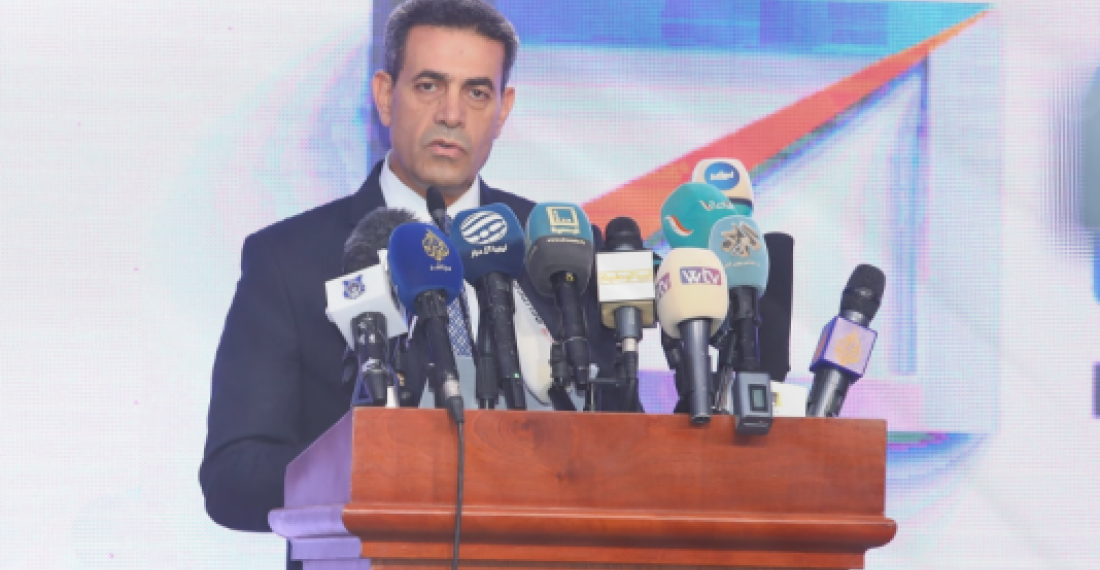Candidates for the presidential elections in Libya are finally known. However, the landscape is not under the right circumstances with several legal and security challenges threatening the prospects of free and fair elections.
A court is set to hear several complaints filed by candidates challenging the legality of prime minister Abdul Hamid Dbeibah's run for the presidency. Meanwhile, gunmen prevented Saif al-Islam Gaddafi from attending a hearing against the elections commission’s decision to disqualify him from elections.
The Tripoli court of the appeals agreed on Sunday (28 November) to examine the request made by candidates, which include former interior minister and current presidential candidate Fathi Bashaga, against the interim prime minister's bid for office. The appeal is based on the fact that Dbeibah did not provide any indication that he stopped working three months before the date of the elections. However, Dbeibah has the right to appeal on the grounds that he has been de-facto suspended from office after a vote of no-confidence by the House of Speakers.
Another tense issue is the presence of militias in various parts of the country. On Friday (26 November), a group of gunmen attacked a Libyan court in the Sebha before Saif al-Islam was to attend a hearing in which the court was to rule on his appeal against the rejection of his presidential election candidacy. The elections commission (HNEC) had earlier rejected Saif’s bid for the presidency. The military prosecutor in Tripoli had earlier urged the HNEC to rule out Gaddafi after his 2015 conviction in absentia on war crimes during the uprisings in 2011.
The Libyan government called the perpetrators of the attacks a “group of outlaws” who launched an “odious” attack. which caused the court in the southern town of Sebha to shut.
No faction claimed responsibility for the attack but fingers point to an armed group, which has Sabha under their control, allied to the eastern-based Libyan National Army force commanded by Khalifa Haftar.
A total of 98 candidates, including two women, had registered for the elections. 25 of them had their applications rejected, according to the HNEC. The final list of candidates will be published early next month.
source: commonspace.eu with Al Jazeera (Doha), Middle East Eye (London), Alwasat (Cairo).
photo: The Head of the High National Elections Commission (HNEC) Emad Al-Sayeh; Twitter: @LYobserver.






